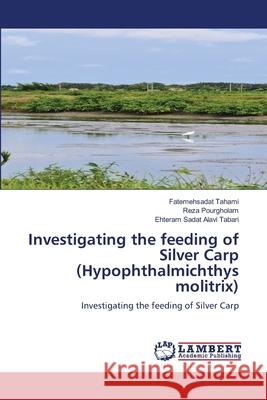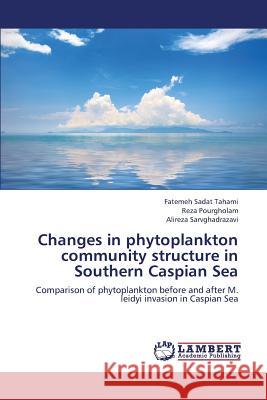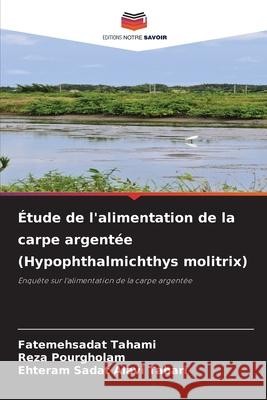topmenu
Wyniki wyszukiwania:
wyszukanych pozycji: 7
 |
Investigating the feeding of Silver Carp (Hypophthalmichthys molitrix)
ISBN: 9786209062049 / Angielski / Miękka / 2025 / 68 str. Termin realizacji zamówienia: ok. 10-14 dni roboczych. This research is the result of1- . Feeding investigations of silver carp (Hypophthalmichthys molitrix) fingerlings with emphasis on dominant phytoplanktons2- Determining the effects of microalgae Diatoma and Chlorella on growth parameters and survival rate of silver carp juvenile (Hypophthalmichthys molitrix)3- Identification, purification and preparation of microalgae collectiBased on carried out studies on the first and the end party of their intestine and the pond water, phytophague fingerlings feeds on phytoplankton, zooplankton and detritus. But the essential nutrition was on...
This research is the result of1- . Feeding investigations of silver carp (Hypophthalmichthys molitrix) fingerlings with emphasis on dominant phytoplan...
|
cena:
196,36 |
 |
Untersuchung der F?tterung von Silberkarpfen (Hypophthalmichthys molitrix)
ISBN: 9786209242045 / Niemiecki Termin realizacji zamówienia: ok. 10-14 dni roboczych. |
cena:
196,36 |
 |
Changes in Phytoplankton Community Structure in Southern Caspian Sea
ISBN: 9783659133220 / Angielski / Miękka / 2012 / 228 str. Termin realizacji zamówienia: ok. 10-14 dni roboczych. The hydrobiology of the Caspian Sea has been systematically studied since 1934. Results of the present study showed that phytoplankton of Southern Caspian Sea include 193 species from 5 phyla, including 92 species of Chrysophyta, 45 Cyanophyta, 23 Pyrrophyta, 21 Chlorophyta and 12 Euglenophyta. Comparison of phytoplankton before and after M. leidyi invasion of Caspian Sea showed that phytoplankton species have increased over time.Although the abundance of Chrysophyta increased, but in terms of biomass, Chrysophyta showed a sharp decrease. This is because member of Chrysophyta was dominated by...
The hydrobiology of the Caspian Sea has been systematically studied since 1934. Results of the present study showed that phytoplankton of Southern Cas...
|
cena:
353,37 |
 |
Investiga??o da alimenta??o da carpa prateada (Hypophthalmichthys molitrix)
ISBN: 9786209203657 / Portugalski Termin realizacji zamówienia: ok. 10-14 dni roboczych. |
cena:
196,36 |
 |
Studio dell'alimentazione della carpa argentata (Hypophthalmichthys molitrix)
ISBN: 9786209249723 / Włoski Termin realizacji zamówienia: ok. 10-14 dni roboczych. |
cena:
196,36 |
 |
Badanie żywienia karasia srebrzystego (Hypophthalmichthys molitrix)
ISBN: 9786209201097 / Polski Termin realizacji zamówienia: ok. 10-14 dni roboczych. |
cena:
196,36 |
 |
?tude de l'alimentation de la carpe argent?e (Hypophthalmichthys molitrix)
ISBN: 9786209247163 / Francuski Termin realizacji zamówienia: ok. 10-14 dni roboczych. |
cena:
196,36 |










